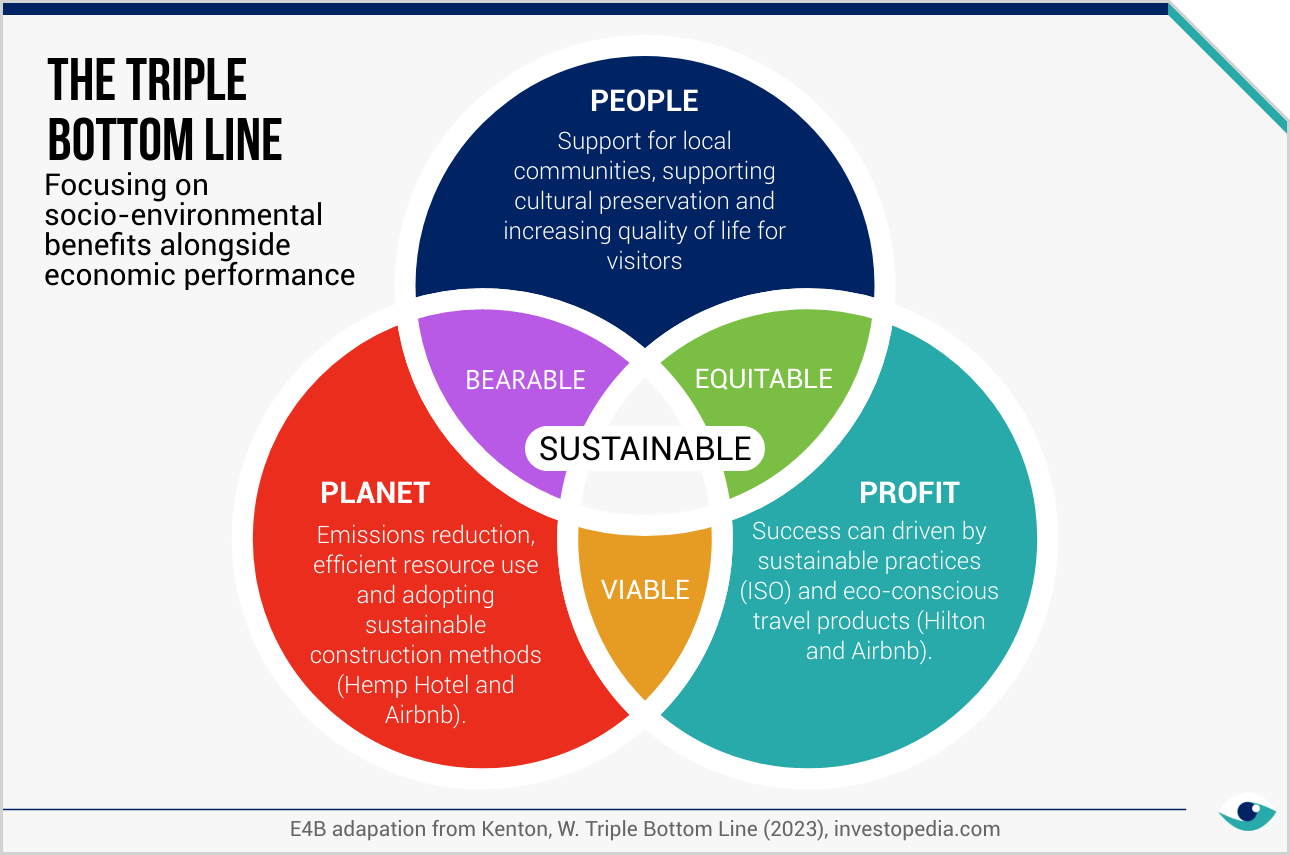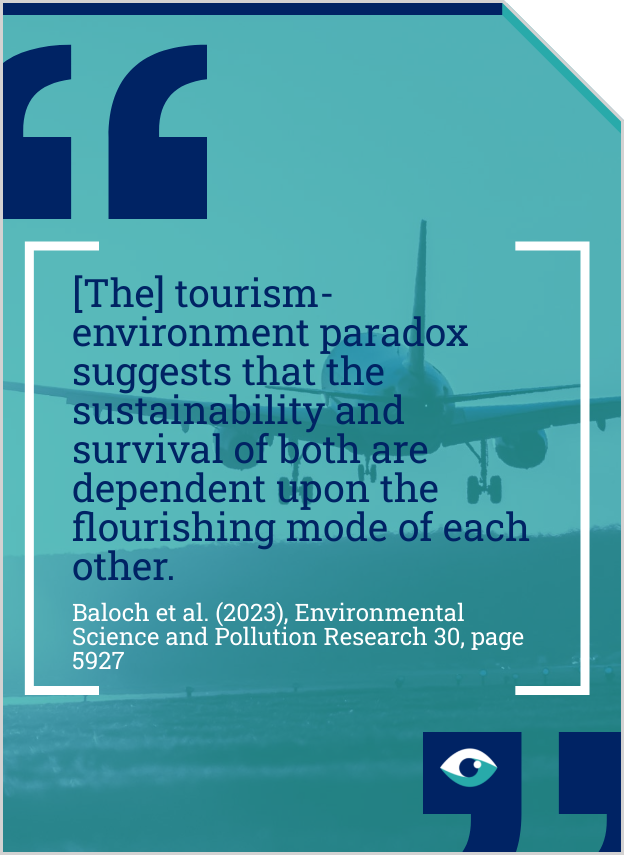The recent launch of Airbnb's Sustainable Hosting Plan, including a GBP 1 million fund to support hosts with energy efficiency improvements, highlights the urgency for upstream accommodation providers for the travel & leisure services industry to adopt sustainability measures to remain competitive and align with consumer expectations. A supply of sustainable accommodation is increasingly critical in the travel and leisure services industry. Businesses can adopt ISO standards to optimise resource use, manage waste effectively, and reduce greenhouse gas emissions, to meet consumer demands for sustainability and complying with regulatory requirements.

Supply chain sustainability in travel accommodation
Adopting sustainability standards helps optimise procurement and manage critical inputs effectively
Value chain: upstream
Travel & leisure services
Publication date: 27 Sep 2024
By John Gaisford
AT A GLANCE
Inaction could cause tourism sector emissions to rise by 25% from 2016 to 2030.
Implementing sustainable technologies and standards often requires high initial investment for upstream accommodation providers, impacting margins.
However, such outlay offers long-term cost savings via reduced consumption and waste, as well as improved brand reputation and guest experience.
Standards and policy
To ensure comprehensive sustainability, upstream accommodation providers are adhering to disclosure standards like the SASB in conjunction with ISO 21401:2018, which emphasises efficient consumption, waste management, and emission reduction while enhancing benefits for local communities. Private advisory groups also offer guidance – for example, Earthcheck offers real-time benchmarking against an unlimited number of indicators in order to manage internal and external reporting requirements.
Sustainability practices
Ignoring sustainability standards poses legal, reputational and financial risks, encouraging travel & leisure services companies to adapt quickly. Investments in energy-reducing initiatives and technologies are now fairly common among the likes of Hilton Hotels, Galaxy Entertainment Group and Taj Hotels. Research suggests caution in developing countries which exhibit a higher sensitivity to economic fluctuations and are also more susceptible to “greenwashing” by ecotourism companies.

Impact reduction
The Glasgow Declaration aims to reduce the emissions of the tourism industry by 2030. Upstream efforts traditionally focus on energy and emissions but significant benefits can be leveraged from water and waste reduction, eco-friendly products, and sustainable construction materials. In Cyprus, leaning on suppliers’ traditional construction methods has been shown to increase sustainability and attract more business, while in Cape Town the Hemp Hotel showcases a novel approach to architecture.

Future planning
Setting long-term targets, such as carbon neutrality, reflects a commitment to evolving consumer expectations and regulations. Initiatives such as Airbnb's Sustainable Hosting Plan and Amadeus' carbon-neutral data centre are prominent examples of the travel and leisure services industry’s efforts to reduce emissions from upstream activities. Implementing upstream energy-saving measures not only mitigates risks but also contributes to improved operational and financial performance, which can lower cost of capital.
FURTHER READING
- SASB Leisure Facilities Research Brief (SASB)
- ISO 21902:2021 - Tourism and related services (ISO)
- Sustainability Practices in Hospitality: Case Study (Sustainability - MDPI)
